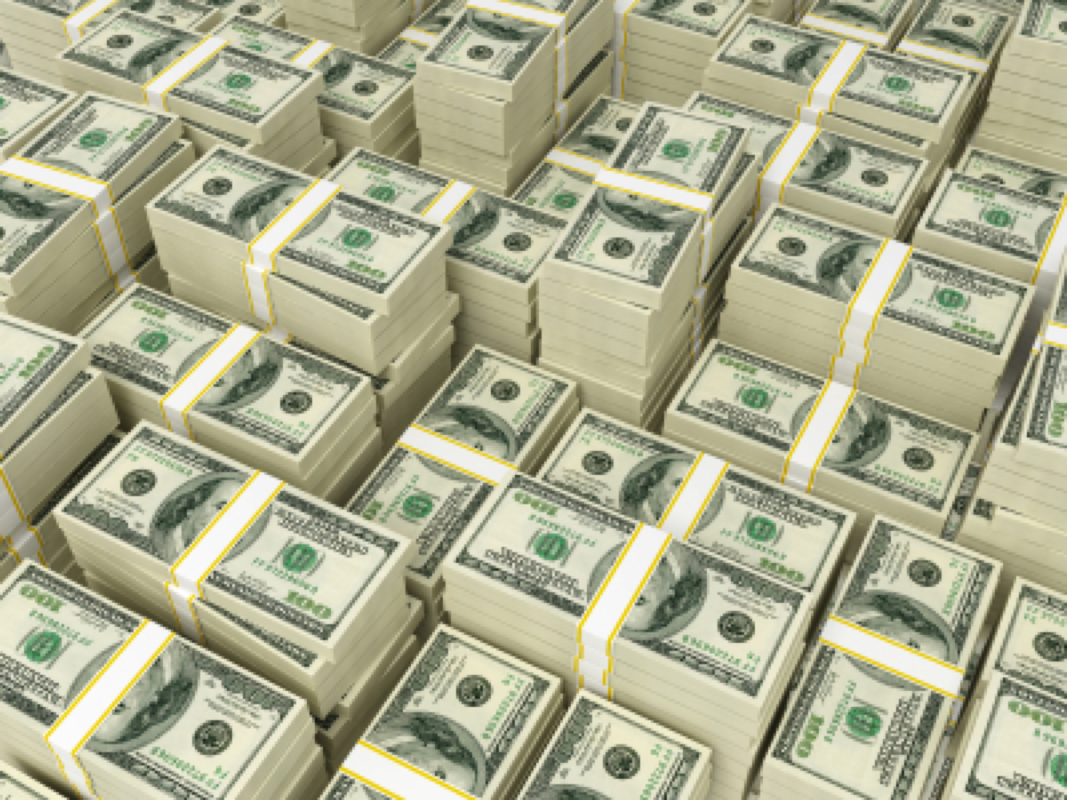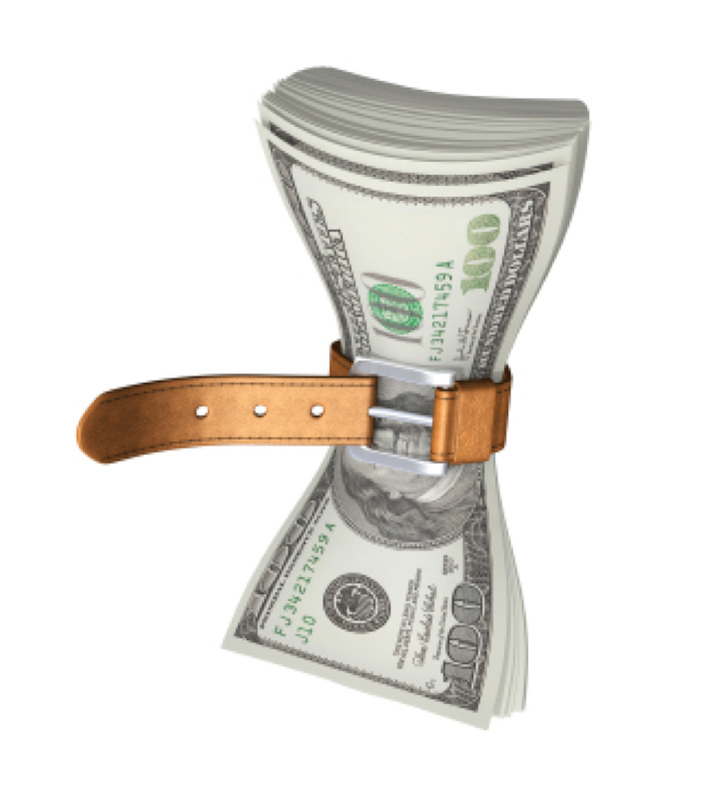When it comes to building your net worth, no truer words were spoken. If you have high interest debt, this is especially important to you.
Unless you rob banks, won the lottery, or were born with a silver spoon, you need investment capital. And the only way to get that is to save your hard earned dough. The more you save the, the faster you can build it, and the greater your eventual net worth. Lets compare 2 extremes. The extreme saver and the extreme investor.
The extreme investor, we'll call him Warren Buffett, is especially astute at investing, but not so much as saving money. He is able to compound his money at 20% (actually did this) for decades. This high of a return is legendary and only a few people in business history have been able to do it. He works his regular old $50k job each year and saves 10% of his income, respectable, but not extreme. Here's how his net worth grows each decade:
Age
20: $0
30: $160,752
40: $1,125,128
50: $7,096,298
60: $44,068,147*
*Note that he made more money in the last 2 years than all of the first 35 years combined, due to the power of compounding.
Now let's take a mega saver like Crass Cash. He saves somewhere in the magnitude of 50% of his income instead of 10% like Buffett. He's not as bright as Buffett, but he's more disciplined and decides to invest all of his money in the stock market in a low cost index fund until his retirement (What age will that be?). As a result his investments net out at 7.2%, just like the long-term stock market average. Let's see how his net worth compares over the decades to Buffett:
Age
20: $0
30: $398,797
40: $1,147,549**
50: $2,649,495
60: $5,658,893
**Note that by the time you're 40 you're ahead of a legendary investor, just from savings.
See the difference between the figures when you're 60? In order to accumulate massive amounts of money you have to do it with compounding interest. No amount of saving will help overtake this. The power of compounding eventually becomes so overwhelming that the super rich can't even spend it fast enough, which is why they become philanthropists.
A penny saved is a penny earned, but only up to a certain point. Eventually you will accumulate so much money that the money you save, isn't worth saving given the amount that you now make with your investments. This is the sweet spot! You also need to figure in the quality of life scenario. Buffett has spent 8 hours every day analyzing investments for decades in order to get these extraordinary results, whereas, Crass Cash spends an hour every year checking his investments. What life would you rather live?
- Start saving as young as possible.
- Save as much as possible.
- Invest wisely, so that compound interest will eventually take over.
-To answer the trivia question, how old Crass Cash is when he's able to retire? 37!



 RSS Feed
RSS Feed
